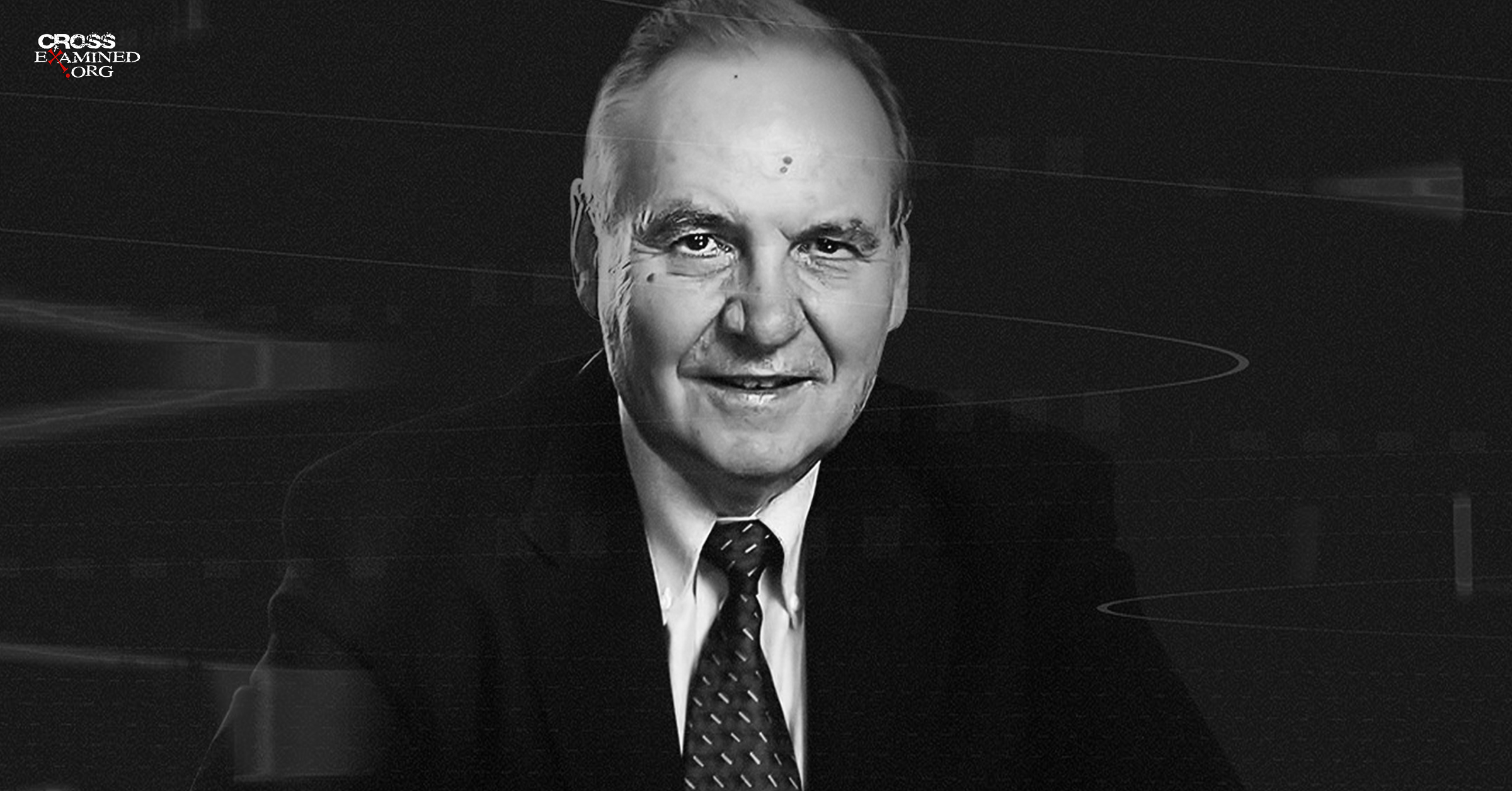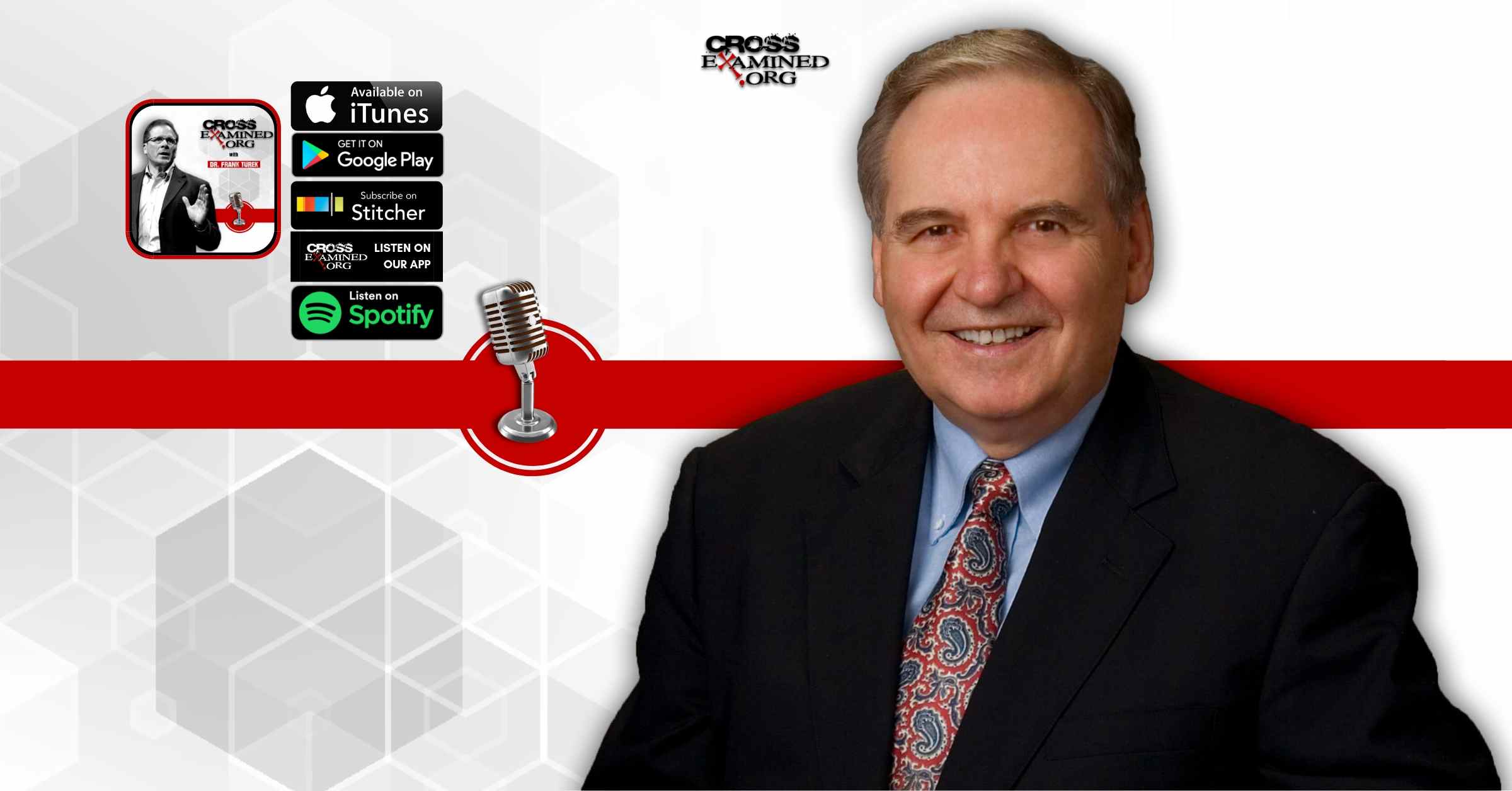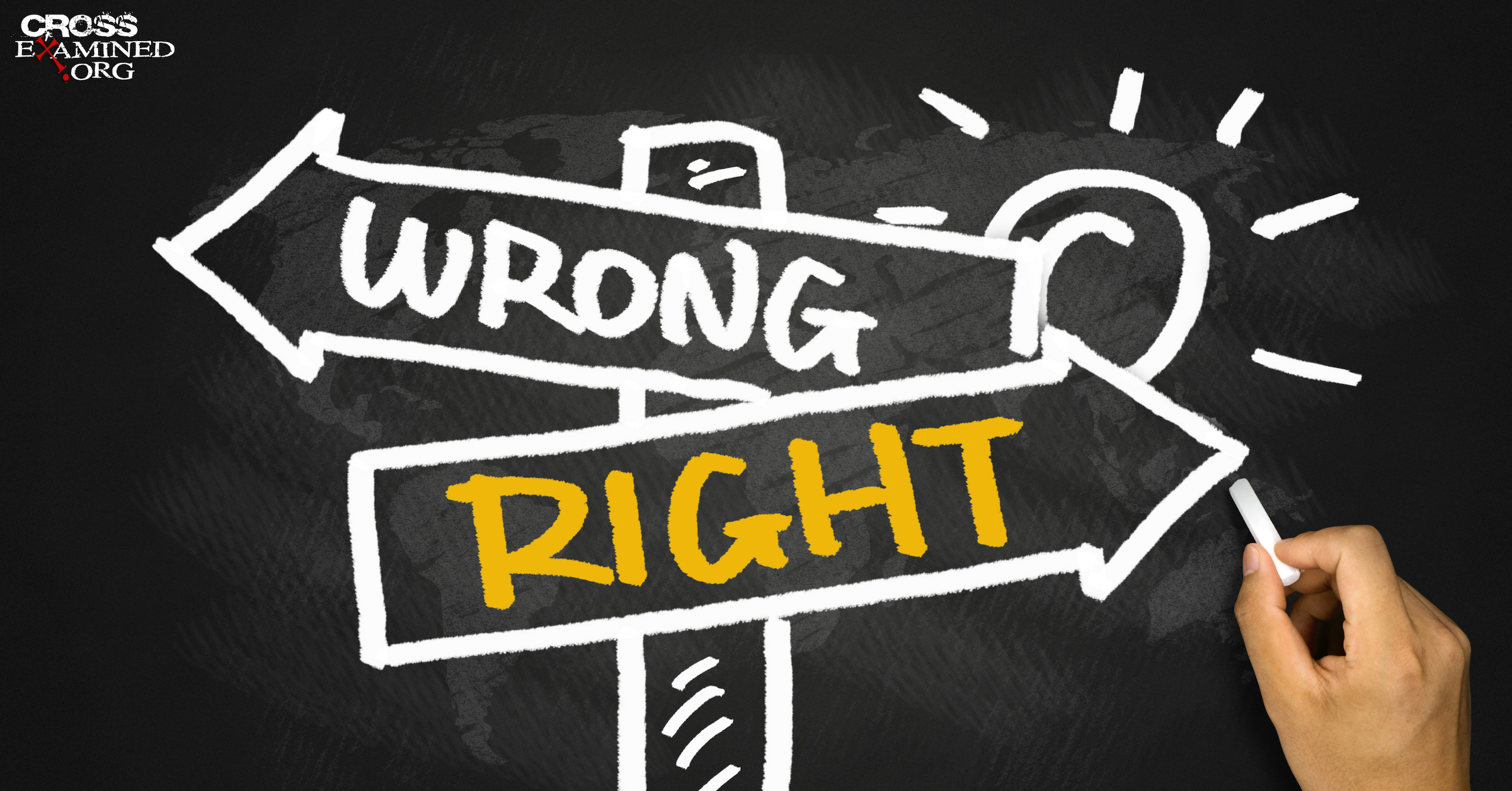When I was born the doctors said I was blind. In fact, I have a letter from the doctor saying that I was blind and that my grandmother (my grandparents reared me) simply would not accept that. She prayed and had her church pray. She had them anoint me with oil. One day I reached for a toy and my grandmother realized I could see. Today I have bad vision but I can see. Was this a miracle?

What Miracles Are
Miracles are by definition a supernatural act of God where he intervenes in nature to alter an otherwise natural course of events. By ‘supernatural’ is meant an act that transcends or is not a part of nature. It is other than nature. The only being other than nature is God; hence, miracles are only done by God. While there are paranormal activities described in the Bible, such as demonic activity or magic (Pharaoh’s magicians or the false miracles of the end times for instance), they are not true miracles according to this definition. They would be considered at best paranormal.
Notice too that since miracles are supernatural actions by God then many events that are normally said to be miraculous are actually not. While many say that the event of a newborn is miraculous, it is completely natural. Coming close to hitting a car head-on but barely missing it is also not a miracle. Rare events are not miraculous simply by virtue of being rare. Unexplained events are not miraculous just because they are unexplained. To be able to say an event is a true miracle, there must be a causal connection back to God. The action also has to be a direct intervention in nature. Providence (God sovereignly guiding human affairs/events) is thus also not miraculous. Miracles occur when nature is interrupted in some way.
Characteristics of Miracles
There are clear characteristics of true miracles. (For this discussion I am largely drawing on Norman Geisler’s “False Miracles,” in Baker Encyclopedia of Christian Apologetics.)[1]
- Miracles are a direct intervention in nature. Rather than simply being a weird or unusual event, a miracle would never occur without God stepping in and making it happen. In other words, nature would never give rise to a miracle since by definition miracles are supernatural.
- True miracles are immediate. Whereas natural events take a certain amount of time, miracles happen instantly. Medicine heals over time; miracles happen all at once. (Geisler explains that even when Jesus once healed a blind man in two steps, each step was instantaneous.)
- Miracles bring glory to God. They are not done merely for wowing people or being showy. They show the power of God and draw people to him. They are never people-centered. They are done to show God’s power and grace, which in turn brings honor and glory to him.
- Miracles don’t fail. They are always successful in what God sets out to accomplish. This does not mean people will not suffer physical ailments or death after experiencing a miracle; but it does mean that as opposed to medicine, miracles are always successful.
- Miracles are obviously miracles. Many times today people claim that a healing or event was a miracle. It is sometimes debated, even by people who may have witnessed the event or know about it. There is no debating a clear miracle. While the Pharisees thought Jesus was doing his works from an ungodly source, they recognized he was doing something real. There is no doubting a real miracle. I am not suggesting people will not doubt a miracle if they simply hear about it, but real miracles are obviously not wrought by medicine, nor are they merely unexplained events. They are clearly miraculous.
The Purpose of Miracles in the Bible
In the Bible miracles authenticate a message/messenger of God. They are not performed in the Bible for entertainment. They are performed to prove something. For example, Peter exclaims, “Men of Israel, hear these words: Jesus of Nazareth, a man attested to you by God with mighty works and wonders and signs that God did through him in your midst, as you yourselves know . . .” (Acts 2:22). Contrary to popular belief miracles did not happen frequently in biblical times. While the Bible spans about 1500 years from the writings of Moses to the close of the NT, most of the miracles center around Moses/Aaron, Elijah/Elisha, and Jesus/the Apostles. There are huge gaps of time between these people’s lives. (One person who did the math said that if we add all the miracles up and divide by the number of years the Bible spans, it is about one miracle every eight years.) The reason miracles occurred with these groups is because they all had a message for God’s people and to those around them: That Yahweh is the true God and Jesus is identical with him. Other miracles happened outside of these groups, but also for specific reasons, such as the conquest of the land or accomplishing certain goals for God’s people.
It should be clear that based on these characteristics, miracles are special events caused by God that have a specific purpose and are extremely rare. In biblical times they did not happen often. If they did, people would not be amazed at them. Further, if they happened all of the time today, people would not be amazed at them.
The Theistic Context of Miracles
As Norman Geisler often says, there cannot be acts of God unless there is a God who can act. In order to truly say a miracle happened, we must know that a theistic God exists, that is, a God who is the creator and sustainer of this universe, who transcends it, and is not part of it. In the logical order then, it makes sense to prove that God exists before moving onto miracles. Even if a rare, unexplainable event happens, atheists can logically deny it was a miracle. If God has been demonstrated, however, that option (as C. S. Lewis maintained) is not available. Thus, while miracles may practically show God exists by making people see there is no other option for an event, it is logically better to argue for God’s existence first before moving onto miracles. This is why the 12 step method of Norman Geisler and Frank Turek’s I Don’t Have Enough Faith to Be an Atheist is so strong. In following the method of classical apologetics, they first prove that God exists before going on to show that miracles happen.
References:
[1] Norman L. Geisler, Baker Encyclopedia of Christian Apologetics (Grand Rapids, MI: Baker, 1999), 471-474.
Recommended Resources:
Miracles: The Evidence by Frank Turek DVD and Mp4
Two Miracles You Take With You Everywhere You Go by Frank Turek DVD, Mp3 and Mp4
Why We Know the New Testament Writers Told the Truth by Frank Turek (DVD, Mp3 and Mp4)
Early Evidence for the Resurrection by Dr. Gary Habermas (DVD), (Mp3) and (Mp4)
J. Brian Huffling, PH.D. has a BA in History from Lee University, an MA in (3 majors) Apologetics, Philosophy, and Biblical Studies from Southern Evangelical Seminary (SES), and a Ph.D. in Philosophy of Religion from SES. He is the Director of the Ph.D. Program and Associate Professor of Philosophy and Theology at SES. He also teaches courses for Apologia Online Academy. He has previously taught at The Art Institute of Charlotte. He has served in the Marines, Navy, and is currently a reserve chaplain in the Air Force at Maxwell Air Force Base. His hobbies include golf, backyard astronomy, martial arts, and guitar.
Originally posted at: https://bit.ly/3TnHLFI




